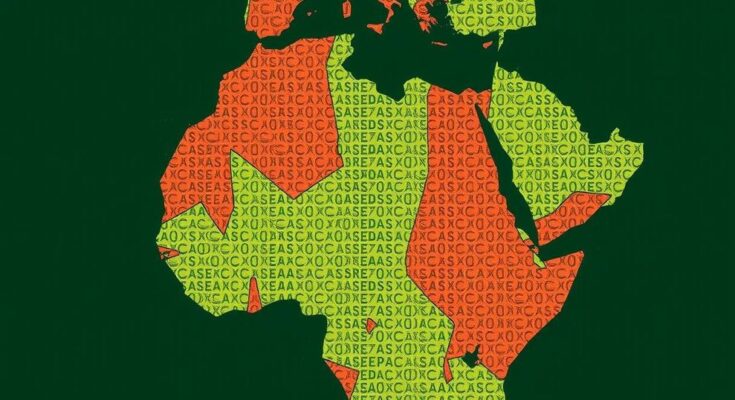The intersection of public debt and educational access in Zimbabwe, Eritrea, South Sudan, and South Africa underscores the negative impact of financial constraints on effective education systems. High levels of debt hinder substantial investment in education, leading to inadequate infrastructure, trained teachers, and equitable access. The findings highlight the urgent need for effective debt management strategies that prioritize educational commitments, ensuring alignment with international legal frameworks and sustainable development goals.
This analysis explores the critical interplay between public debt and educational access, investigating the cases of Zimbabwe, Eritrea, South Sudan, and South Africa. In each instance, the burdens of national debt and economic policies have profoundly hindered educational investment, illustrating that financial constraints limit the provision of quality education. It is evident that addressing these challenges necessitates effective debt management strategies that can allocate resources toward educational commitments while ensuring compliance with international standards relating to education rights. The dire situations in Zimbabwe and South Sudan exemplify how high debt levels can undermine educational infrastructure, whereas Eritrea’s prioritization of military expenditure over education restricts access for many. Despite South Africa’s stronger economy, the legacies of systemic inequalities remain a hindrance to educational equity, stressing the need for political will and resource allocation. Ultimately, the lessons derived from these nations highlight that both debtor states and lending institutions must recognize their shared responsibility in prioritizing education amid fiscal pressures. Sustainable development hinges on a commitment to both educational access and responsible debt management.
The relationship between public debt and education is a pertinent global issue affecting nations with varying degrees of economic stability. The experiences of Zimbabwe, Eritrea, South Sudan, and South Africa provide significant insights into how governance, financial management, and international relations shape the right to education. Particularly, these countries reveal how debt management practices often divert essential resources away from educational investments, necessary for fostering equitable learning environments. In light of international frameworks such as the International Covenant on Economic, Social and Cultural Rights (ICESCR) and the Sustainable Development Goals (SDGs), the importance of prioritizing education amid fiscal constraints cannot be overstated. This context underscores the urgency of reevaluating national budgets to ensure educational commitments are honored despite financial challenges.
In conclusion, the examination of the debt-education nexus illustrates that national debt significantly influences countries’ ability to provide quality education. The findings from Zimbabwe, Eritrea, South Sudan, and South Africa establish a compelling case for integrated debt management strategies that recognize education as a fundamental human right. By prioritizing educational investments within the framework of fiscal responsibility, nations can advance towards sustainable development. Furthermore, collaborative efforts involving governments, international partners, and civil society are essential to ensure that debt obligations do not compromise the right to education, but rather, support the aspirations for social equity and national progress. The imperative lies in transforming fiscal strategies to protect educational access in the face of economic hardship.
Original Source: www.amnesty.org




